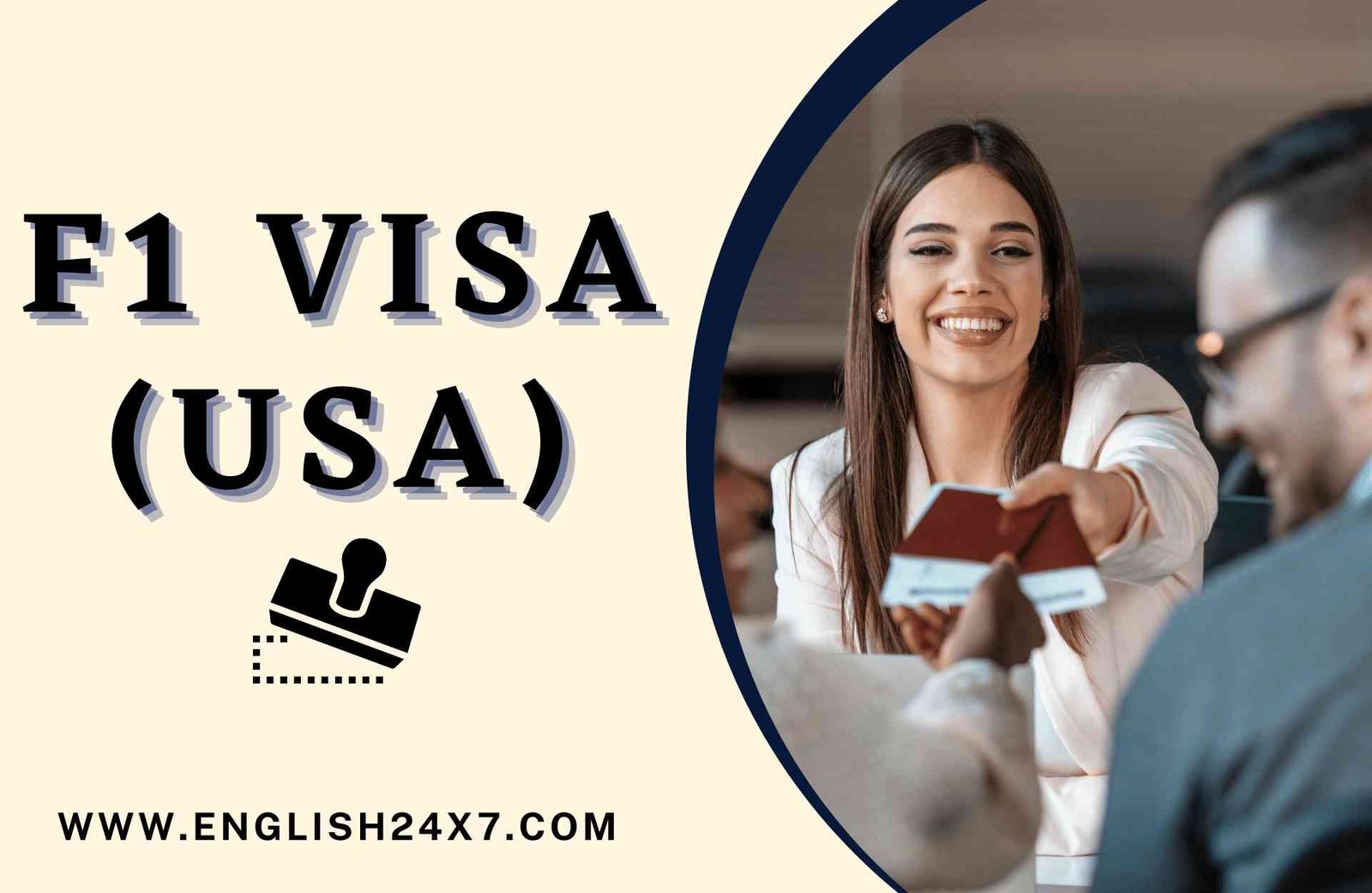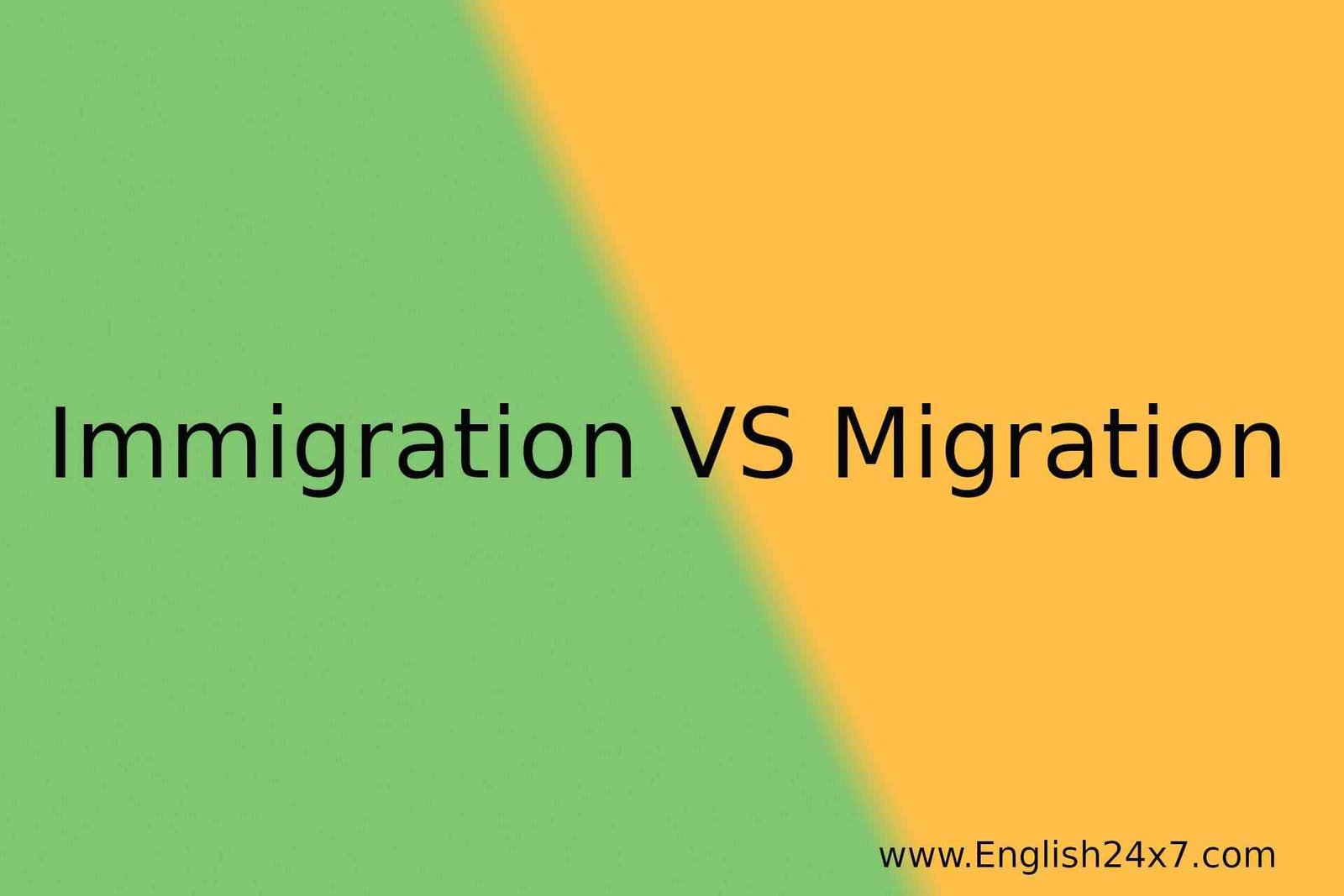
What F1 visa means?
An F1 visa is a student visa for international students. International students who want to study in the US need an F1 visa. This is a nonimmigrant visa for international students who want to study in the US.
This visa is required for studying in a US university, private school, high school or elementary school, other academic institutions or in a language training program. The F1 visa is issued for a maximum time period of 5 years, and students are allowed to stay for 60 days after the visa ends.
Anyone who wants to live in the US needs a visa. Your stay can be of any type, like work, study or travel. You need a temporary or immigrant visa if you want to stay in the US from the US Department of State.
For study programs, usually, a nonimmigrant visa is issued. Except for a few, all study programs in the US require an F1 visa (nonimmigrant). In the case of dependents, F2 is issued.
F1 Visa Process:
It is a simple process but time-consuming. Being time-consuming, it is advised that you should start your F1 visa process as soon as possible so that any delay in your application processing will not affect your education in the US.
The longest step in the process is applying to a US school which should be approved by the Student and Exchange Visitor Program (SEVP) to become an international student in the US.
Not all schools and institutions in the US admit international students. They don’t have the administration to handle international students. So check carefully before applying whether or not the selected institution is approved to admit international students.
And all the institutes accepting international students have different admission processes. Your eligibility for admission to the academic institution will be decided by the institute, depending upon their eligibility criteria.
Apart from academic qualifications for admission, the students are required to have enough funds to support their studies in the US. You need to provide documents regarding your financial conditions.
Also, the applicants are required to show strong ties with their home country, which will indicate that they will move back to their home country after the completion of their studies. Students also need to have health insurance to cover their medical expenses in the case.
When you get officially accepted into the institution you have applied to, you will get an acceptance letter. Getting the acceptance letter also means that you are officially enrolled in SEVP, and you need to pay the application fee, which is a one-time fee.
After paying all the fees, you will get an I-20 form from your institution. You need to fill out and submit this form to the embassy. You will get an interview appointment from the US embassy only after submitting this form.
The interview will help you in getting an F1 visa and officially become an International student in the US.
Qualifications for F1 student Visa:
For a successful F1 student visa interview, you need to present some documents at the time of the interview. The main documents required at the time of the interview may include
- Proof of your official residency in a foreign country (other than the US).
- Proof of strong ties with your home country. This means you have no intention of staying in the US after the completion of your studies, and you will return to your home country. If the visa officer finds your intention to stay in the US after studying, your application is likely to be rejected.
- The admission letter from an approved school. It can be an academic institution or a language institution which should be SEVP-approved.
- You should provide proof that you are financially able to support your study in the US, as there are only limited opportunities to work.
Can you work on an F1 student Visa:
F1 visa holders are full-time students, as an F1 visa is not for the purpose of work. You are expected to learn on an F1 visa and use this knowledge to become successful in the future.
Keeping this in mind, international students are only allowed to work for 20 hours a week on campus. They are allowed to work after getting permission from the Department of Homeland Security and the international office at school when school is in session and full-time when school is in recess.
For off-campus work, you are required to get permission called Optional Practical Training (OPT). This will allow students to work and train in the field. You can contact the international student adviser in your school for more details. OPTs are valid in the following cases:
-
Full-time work during periods of recess,
-
Part-time work during the F-1 student’s studies,
-
After graduation in a related study field.
Generally, you are required to complete your study in the same school, but in some cases, you can transfer schools to study next semester in another school because of valid reasons.
Health Insurance Requirements:
Health Insurance requirements are determined by the institution you are admitted to. The US Department of State does not set these requirements. In case your school does not define these requirements, then you need to define these requirements yourself before getting a health insurance plan.
Your school health Insurance plan coverage can be determined by the following depending upon your school.
-
Mandatory group Insurance plan sponsored by the school.
-
School-sponsored Insurance plan.
-
You can choose your own plan in case of no School sponsored Insurance plan.
Having these prepared, you can apply for an F1 student Visa and become an international student on clearing the embassy interview.
Summary:
-
Nonimmigrant program for students.
-
F1 Visa is required for studying in academic institutions and language courses.
-
F1 is issued to students, and F2 is issued to dependents.
-
Students are allowed to work 20 hours a week on campus.
-
You need OPT for off-campus work.
-
Health insurance is necessary for students.
Check out our Web Story at https://celpip.biz/web-stories/what-f1-visa-means/
You may also check Do Green Card Holders need Visa for Canada.



